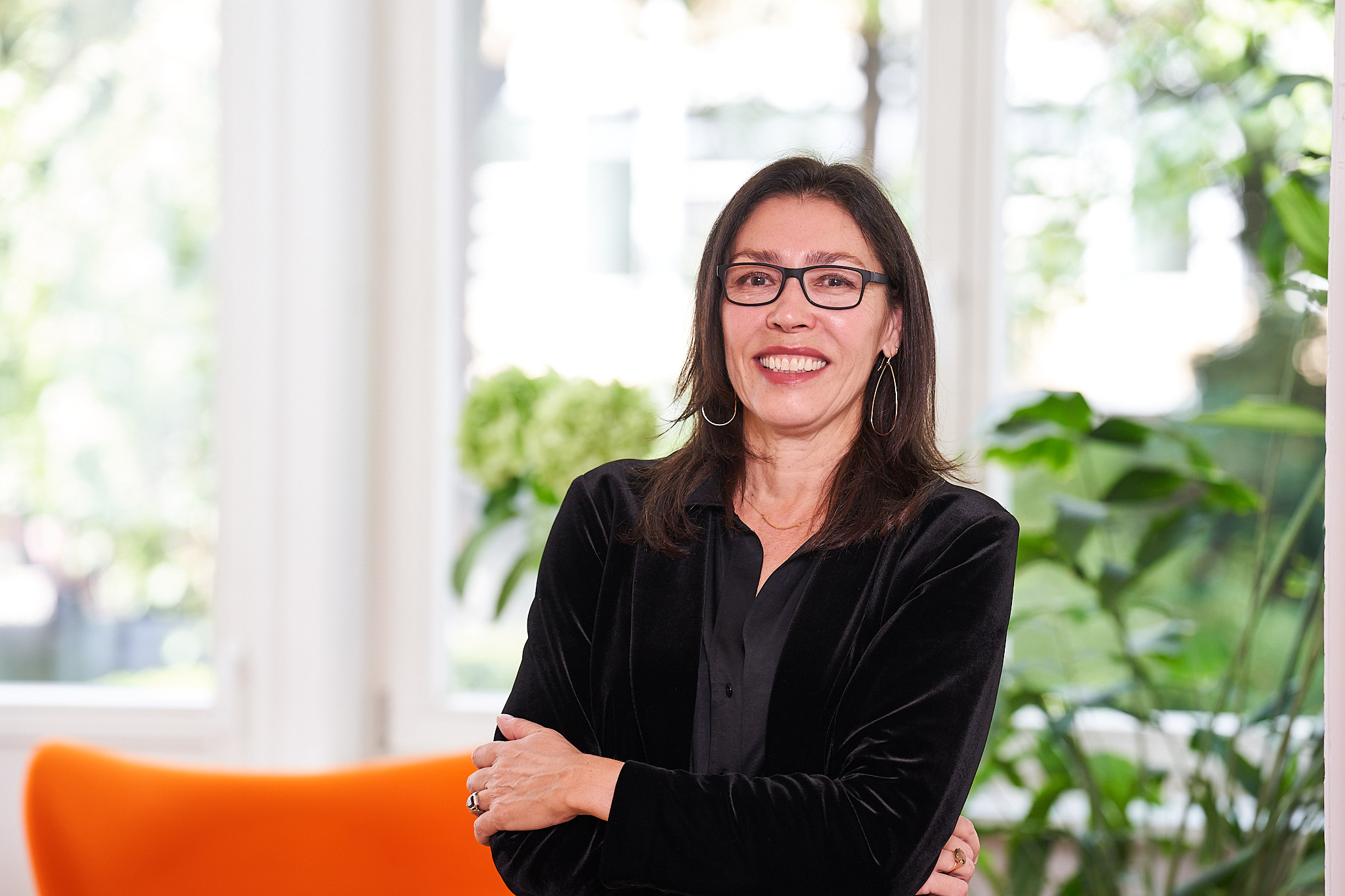Dear colleagues and friends of the CIS,
I hope you have all had a good start into the new academic year! My CIS letter today comes from Germany, where I am in residency at the Institute for Advanced Study in Hamburg (HIAS) until June 2023. It is a trip down memory lane for me. My mother and her family are from Hamburg, and as a child I spent many summers here and on the beaches of the nearby North Sea. I thought I’d share some impressions from where I am with you.
The “Free and Hanseatic City of Hamburg” is the second largest city in Germany with almost 2 million people. It is a wealthy town with a long history as the main trading hub of the “Hanse,” a powerful alliance of harbor towns that dominated the foreign trade in the North of Germany from the 12th to the 17th century. Situated on the banks of the river Elbe, it has a particular charm – with its impressive town hall from the Renaissance, its nineteenth-century arcades that add a Mediterranean vibe to parts of downtown, the spectacular architecture of the new Elbphilharmonie, and the beautiful Alster lake with its many swans right in the city center. Its harbor is one the largest in Europe, and the city has always been more international than the rest of Germany – Hamburg calls itself “the gate to the world.”
The HIAS (https://hias-hamburg.de) is a fairly young institution, located in the city’s Rothenbaum district by the Alster. It is funded through the city’s universities and art schools as part of Germany’s federal ‘excellence initiative’ – a competition under the auspices of the Ministry for Education and Research that, every seven years, awards money to the most promising and innovative academic “future concepts.” Good and bad things can be said about the initiative, but in a country whose university system is almost exclusively public, it provides the most important opportunity to kick-start forward-thinking academic projects.
My fellow fellows at the HIAS are a mixed bunch of lovely people from five continents. We have a composer, an economist, a writer, a biophysicist, a mathematician, a medical researcher (from UCSF), philosophers, political scientists, historians, a philologist, a lawyer, and an oceanographer. Three scholars are from Ukraine, and one of them – Oksana Koshulko in Refugee Studies – is currently organizing a large international conference on “Russia’s War in Ukraine. Trauma, Victory, Future in the E.U. and NATO” at HIAS, probably in January 2023. Once we have a date and program, we will publish a link in our CIS newsletter.
The shock waves of the war in Ukraine are very palpable here. In a way, it is a different Germany that I have returned to – different from even a year ago. Many people are anxious and on edge. There is a split through the middle of European societies, not unlike the US. It is a worrisome trend fueled by the insane pace of inflation, the restrictive approach of the German government to the pandemic, a new pandemic fall surge, the looming energy crisis and, in consequence, the forced reversal of Germany’s nuclear phase-out, diplomatic frictions with France, a new government from the far-right in Italy, the political mess in the UK, the situation at the Russian-occupied nuclear plant in Zaporizhzhya, the war crimes, the deaths, the hate… In the US, one tends to forget how close the many European countries and cultures are – geographically, economically, and through the political structure of the EU –, and just how interdependent. Let’s hope that the domino-effects we are seeing at the moment can be contained in the future.
While it is good to be back in the hustle and bustle of a European metropolis, I also miss California and will remain present at the CIS with a small number of events. The first, on December 14, is a workshop/tutorial with members of a grass-roots initiative located in London, “100 Histories of 100 Worlds in 1 Object.” It is a much-noticed project that seeks to rewrite the narratives of museum objects, empowering groups and voices formerly excluded from museum discourses to tell their own histories, in their own ways. https://100histories100worlds.org. We will publish the event in November.
Then, in the winter quarter, the Being Human Initiative at CIS will continue addressing Big Questions with a conversation between physicians and philosophers on “The Art of Dying (Ars moriendi).” And early in the spring quarter, we will launch the new Desert Spotlight series with a talk by Anne-Lise Desmas, curator at the Getty Museum, in our Palm Desert location.
In the meantime, a big and heartfelt thank you to Katharine and the CIS-team for shouldering the time-consuming move to College Building South and making a new home there! I have not seen it yet, but I am sure that you will find a warm and welcoming atmosphere in a safe environment.
Wishing you all a healthy and productive fall quarter, and Moin Moin! as the locals here say for good morning – which oddly they say all day long.
Jeanette
